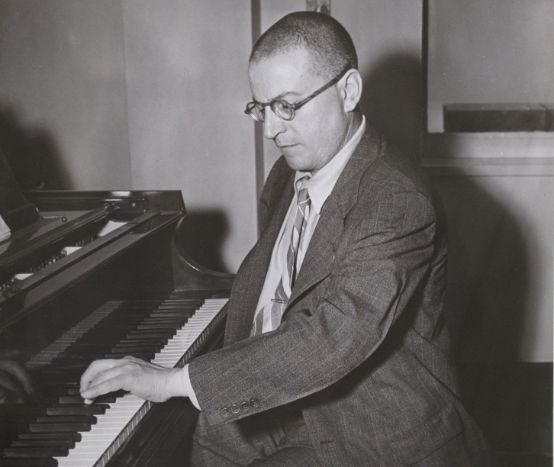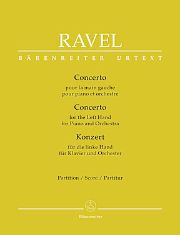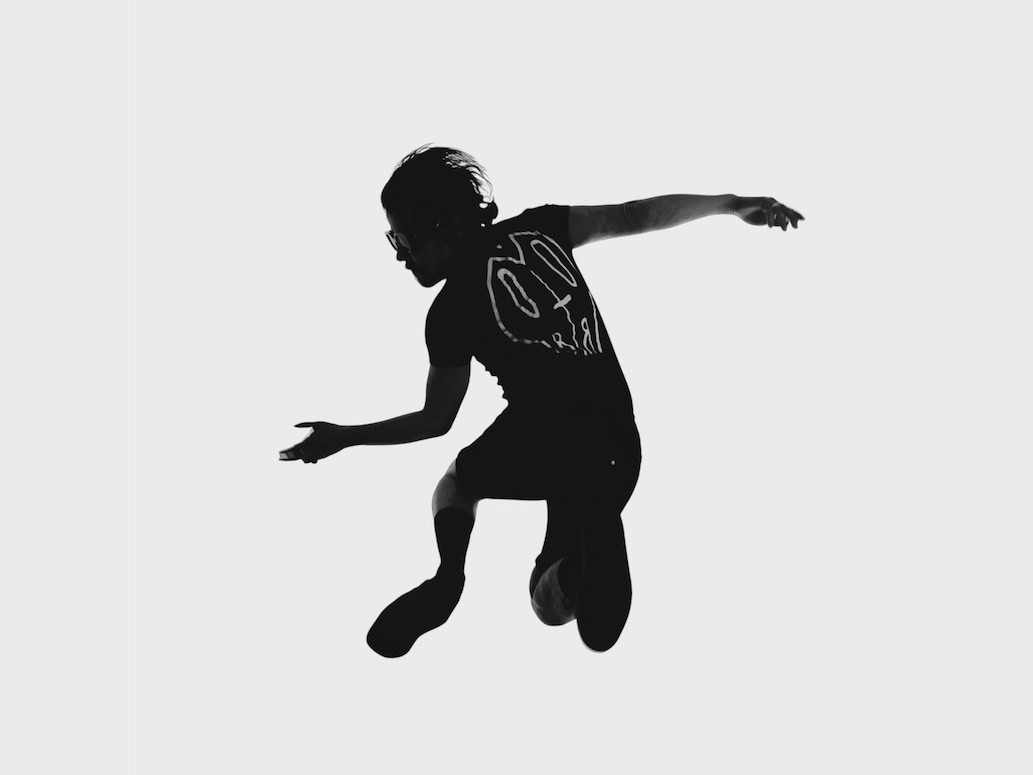The preferred left
Maurice Ravel wrote his "Concerto for the Left Hand" on behalf of Paul Wittgenstein, who was wounded in the war. This new edition also documents the changes that the pianist made to annoy the composer.

Why is the piano literature for the left hand alone so much more extensive than that for the right hand?
There are anatomical reasons for this: with the thumb as a melody guide, the left hand is far better able to operate the entire width of the keyboard. In addition, pianists are obviously more likely to injure their right hand when practicing improperly and are then forced to restrict themselves to the left for a while. Alexander Scriabin, for example, practiced his Prélude et Nocturne composed for the left hand.
Above all, however, we have Paul Wittgenstein to thank for the majority of these works. The Viennese pianist lost his right arm in the First World War and yet was determined to continue his career against all odds (including from his family). Wealthy from home, he was able to commission works from the most famous composers of the time. Prokofiev, Hindemith, Britten, Richard Strauss, Franz Schmidt and many others wrote piano concertos for his needs, the latter even wrote chamber music. However, none became as famous and is played as often as Ravel's.
This was not initially foreseeable: Wittgenstein apparently only realized over time what a masterpiece he had received. And as the commissioner, he felt entitled to alter entire passages to his liking, which naturally infuriated Ravel. In her introduction to the new Bärenreiter edition, Christine Baur is able to convey this dispute and much more about the creation and reception of this extraordinary work in an exciting way. The excellent edition not only corrects some long-standing errors in the Durand edition, but also provides a wealth of additional information worth knowing based on sources from Wittgenstein's private collection, which editor Douglas Woodfull-Harris was able to consult. In particular, the insight into Wittgenstein's requests for alterations confirms that he could not really comprehend Ravel's ingenious way of writing for the left hand.
If you would like to find out more about Wittgenstein's fate, we recommend the volume Empty Sleeve. The musician and patron Paul Wittgenstein (Studien-Verlag, Innsbruck et al. 2006), but above all Concerto for the left hand by Lea Singer (Hoffmann und Campe, Hamburg 2008): an exciting and well-written artist's novel!
Maurice Ravel, Concerto for the left hand for piano and orchestra, edited by Douglas Woodfull-Harris; score, BA 7881, €, 48.95; piano reduction, part(s), BA 7881-90, € 36.95; Bärenreiter, Kassel 2016









